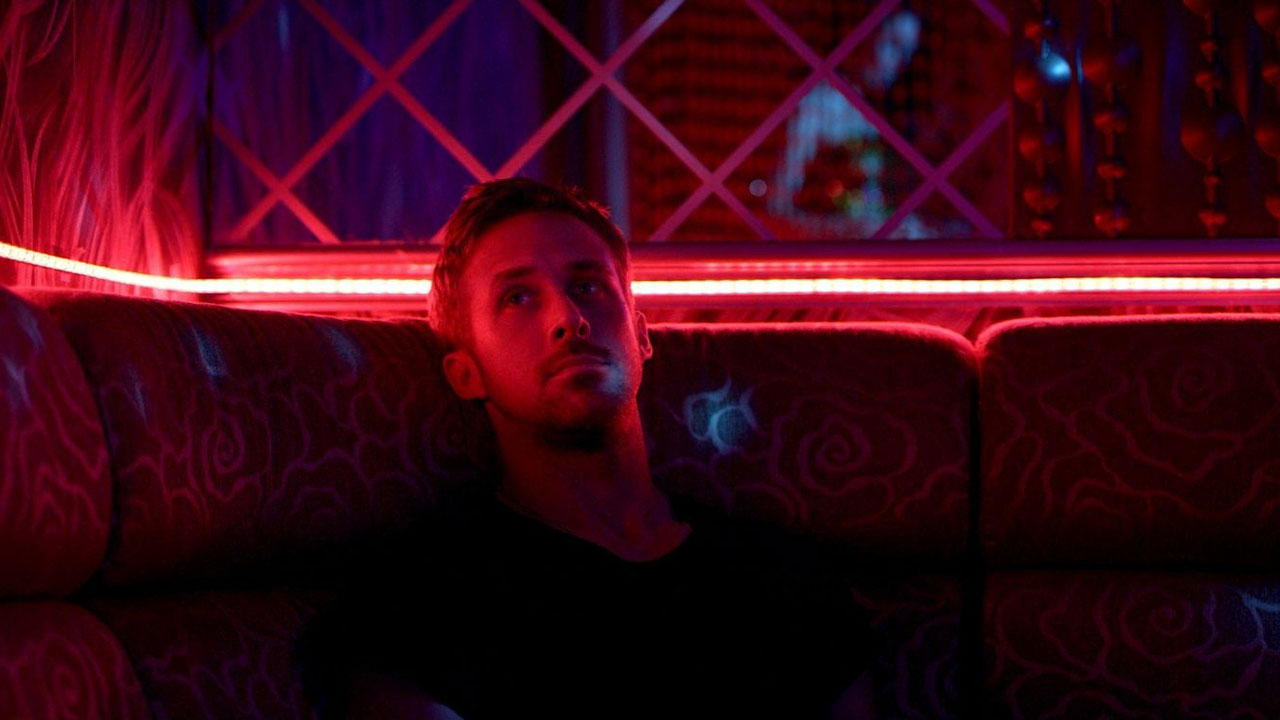Is it just me?... Or is Only God Forgives the best film of the past five years?

In our regular polarising-opinion series, one Total Film writer hails the divisive Only God Forgives as an outright masterpiece.
Read on, and let us know if you agree with the argument put forward by having your say in the comments section below.
Is it just me?... Or is Only God Forgives the best film of the past five years? asks Andrew Lowry
Decent films are routinely booed at Cannes but Only God Forgives endured more negging than most, even before Sight & Sound branded it the worst film of the 2013 film festival. On its eventual release, critics were divided; a handful hailed it as a masterpiece but more dumped on it from the highest point they could find. “It’s a shit macho fantasy – hyperviolent, ethically repulsive, sad, nonsensical, deathly dull, snail-paced, idiotic, possibly woman-hating, visually suffocating, pretentious” went one review (and that was only in the first paragraph). But you know what? The haters are wrong – Only God Forgives is the best film of the past five years.
Detractors seem to be in much the same camp as the woman who sued when Drive turned out not to be much like The Fast & The Furious. Nicholas Winding Refn’s breakout success was a stylish exploitation update and, to his credit, instead of capitalising on his newfound cachet, he returned to the homages to midnight movies he’d been making long before Gosling zipped up his scorpion jacket. Dodging the Tarantino trap of being caught up in pastiche, Winding Refn instead looked to the abstract metaphors-made-real cinema of Alejandro Jodorowsky, turning in a psychosexual nightmare/revenge tragedy that’s a macabre and memorable journey into the heart of darkness.
Refn’s taste for eye-gouging and arm-amputation can obscure the big themes he’s tackling – but what’s wrong with going operatic when examining implacable fate and Oedipal lust?
The revenge narrative is window-dressing for an examination of impotency and powerlessness in the face of fate and our own psychological make-up – and, laudably, Winding Refn has the stones to make these ideas flesh.
Bringing all the latest movie news, features, and reviews to your inbox
Fate is here personified in an unnamed police lieutenant played with chilly precision by Vithaya Pansingarm. In a more conventional revenge flick he’d be the shitkicking name-taker. Here, he’s at once a tender family man and the manifestation of an unforgiving, Old Testament morality who lets the father of a murdered prostitute beat her killer to death, then maims him for not doing more to protect his daughter. He’s an angel of death, both supernatural and real, heroic and terrifying.
Even more terrifying is Kristin Scott Thomas as the ultimate nightmare mother, toying with son Gosling as she compares his physical prowess with his brother, her manipulation of his barely repressed desire for her a bold rendering that more timid directors would bury in subtext. And that’s not to mention the mesmerising, neon- purgatory look (courtesy of striking Bangkok locations lensed by Kubrick cinematographer Larry Smith) and Cliff Martinez’ dazzling music that conspire to drag us into this particular, unforgettable hell.
Time will be kinder than Cannes to Only God Forgives. Or is it just me?
Agree or disagree with Andrew's argument? Hit the comments section below to add your view!


